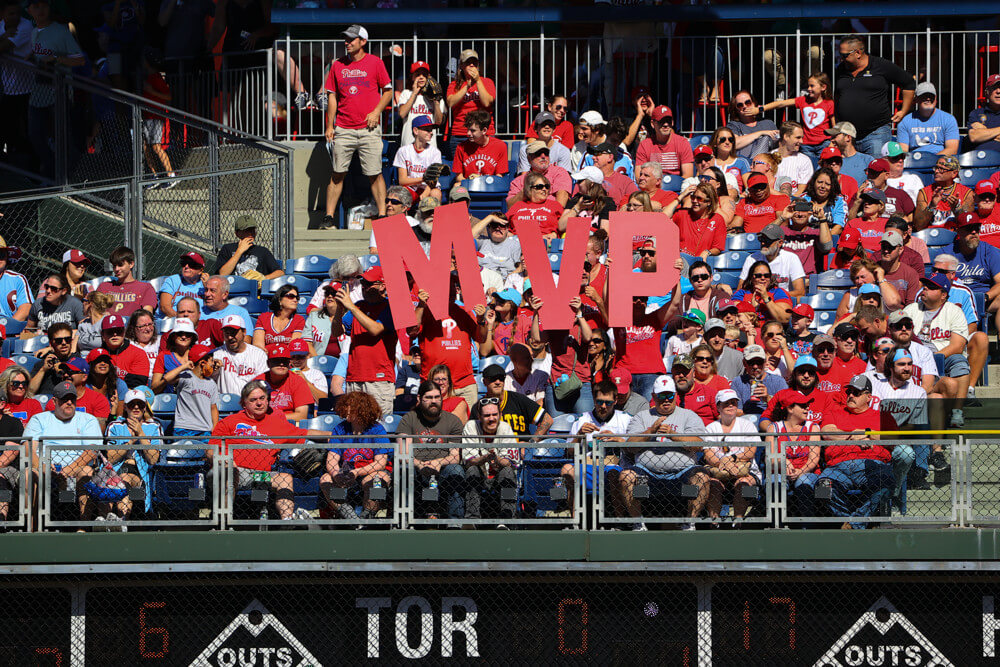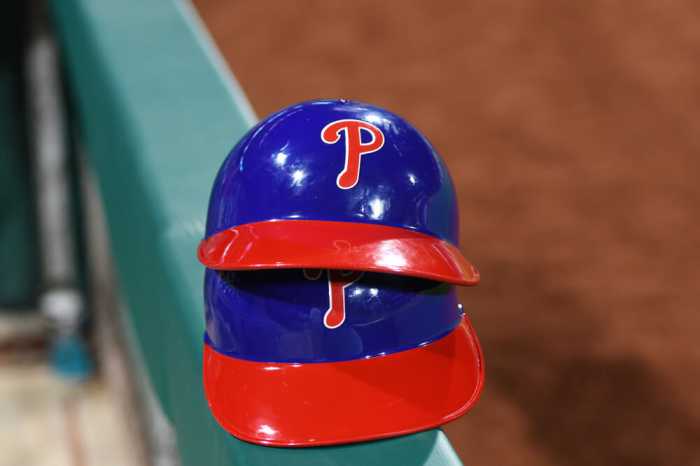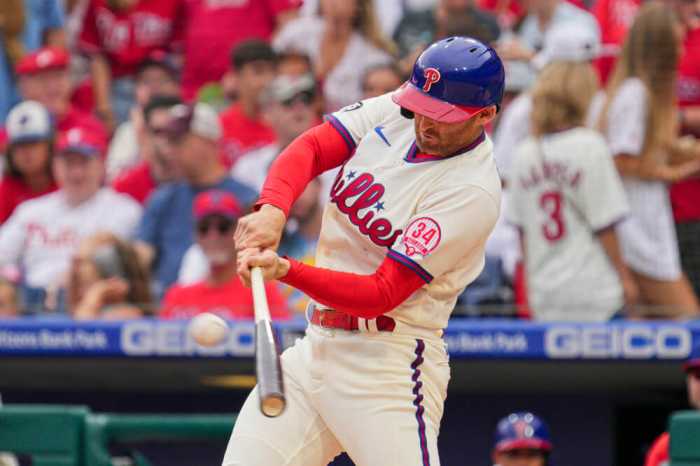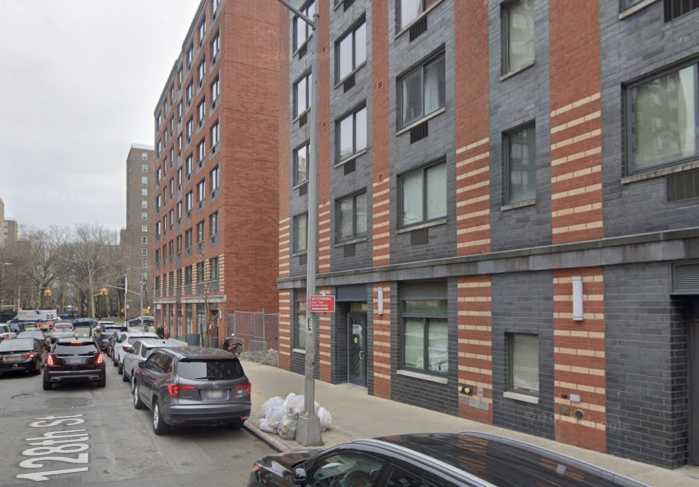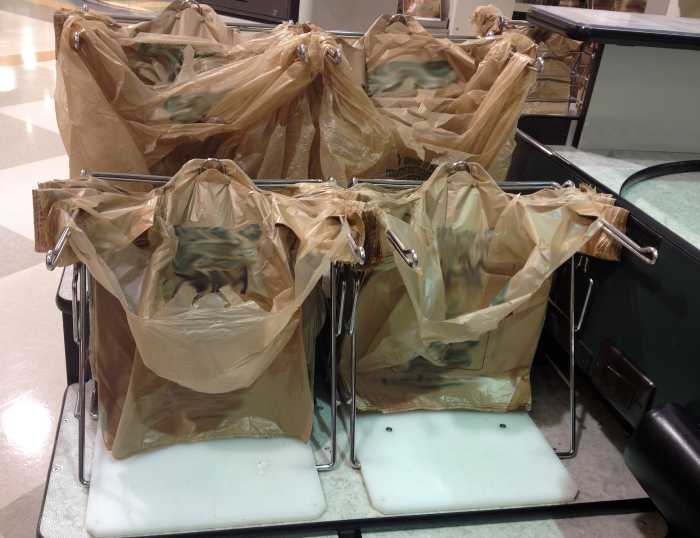As the 1950’s close and the Whiz Kids depart the team, the 60’s and 70’s hold just 4 more total questionable MVP candidates. Both decades contain exactly 2 players that we’ll go over. The first is the most obscure player of the bunch and possibly the biggest question mark in Phillies MVP voting history.
Bobby Malkmus
You might be asking, “Who?”
It’s truly a fair question, as Bobby Malkmus played just 208 games for the Phillies from 1960-1962. In that time, he hit just .225.
In 1961, he had his best year, which isn’t saying much. He slashed .231/.276/.327 with seven home runs and 31 RBI. He had just eight total home runs in his career.
So, what a surprise it must’ve been when Malkmus received the only MVP vote on the Phillies in 1961. To be fair, a team that goes 47-107-1 shouldn’t even have an MVP candidate. Anyway, a 22-year-old Johnny Callison slashed .266/.363/.418 and if anyone should’ve gotten a vote, it should’ve been him.
Malkmus finished 22nd in MVP voting with a lone vote. He was tied with the Reds’ Jerry Lynch (who hit .315) and the Pirates’ Dick Stuart (who hit .301 with 35 bombs).
A fine fielder, Malkmus would be in the Phillies’ minor league system until 1967.
Ruben Amaro Sr.
1964 is a year that Phillies’ fans of a certain vintage prefer to forget about. They finished 2nd in the National League with a 92-70 record. They looked destined for the World Series, but a 10 game September losing streak snake bit the team.
The shortstop of that team should be familiar to most Phillies’ fans. His son would be the Assistant General Manager and General Manager during the Phillies’ greatest stretch of the 21st century. (So far, we hope).
Ruben Amaro Sr. has many special connections to the franchise and should be remembered fondly for his contributions to the team.
But these lists aren’t about that.
Amaro was certainly more deserving than Malkmus. He won the Rawlings’ Gold Glove Award in 1964, meaning he was seen as a standout with the leather. As a hitter, he didn’t add much oomph. His .264 batting average was respectable, but his .648 OPS was not. On top of that, he didn’t bat much, accumulating just 299 at-bats.
Amaro Sr. finished 21st in MVP voting with five vote points. Most surprisingly, the World Series MVP, Bob Gibson finished 23rd in MVP voting.
Dave Cash
If you’d followed the list through the other two parts, you’ve probably noticed I’ve picked on players that had OPS’ under .700. If Rabbit Maranville played for the Phillies, he’d be my biggest offender. The same will ring true for this 3-time Phillies’ All-Star.
The Phillies’ 2nd baseman for the mid-’70s (’74-’76), Dave Cash had a good glove and a slappy bat. He hit .298 in his time as a Phillie, averaging over 200 hits a season. He just didn’t hit for power, hitting just seven homers.
He received MVP votes in 1974 and 1975, hitting .300 or better in each season. He made two All-Star games in that span and would make his 3rd in 1976.
Mediocre with the bat for most of the season, Cash hit .369 in the last 16 games of the season to raise his batting average to .284. He’d have just 27 extra-base hits, limiting his OPS to .683.
The slick-fielding double-play duo with Larry Bowa finished 16th in MVP voting. He’d finish in front of Astros’ ace J.R. Richard and future Pirates’ MVP Dave Parker. Had he finished closer to his teammate who finished 29th, I wouldn’t have included “Action Dog.”
Speaking of the 29th place finish…
Larry Bowa
As loveable and dependable as Larry Bowa is, I have to talk about the 29th place finish. Bowa straight up couldn’t hit in 1976. He slashed .248/.283/.301. Rabbit Maranville called, he wants his OPS back.
The second-best shortstop in Phillies’ history will be remembered for his immense contributions to the franchise. Before I end this list, let’s talk about the 1978 MVP race.
Bowa hit .294 on the season, so I won’t outright question him getting MVP votes. It’s the fact that he finished 3rd in NL MVP voting. He posted an OPS of .689, yet finished 3 places above George Foster who led the league in homers (40) and RBI (120). He finished above four future HoFers just in the top 10.
Besides MVP Dave Parker, Bowa was the only other player to receive first-place votes.
He had a great season, just not a 3rd place MVP finish season.
Photo By: Rich Graessle/Icon Sportswire

